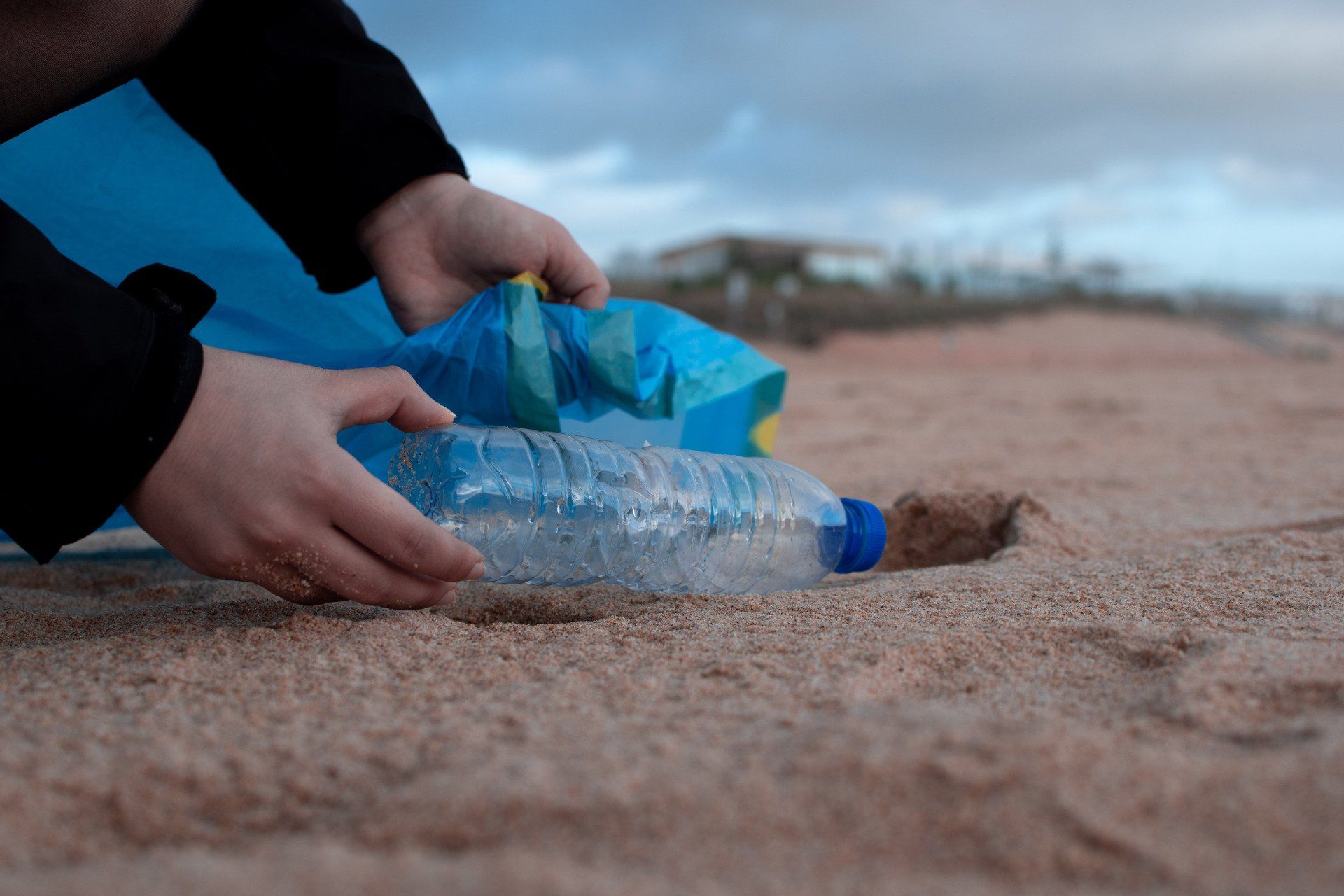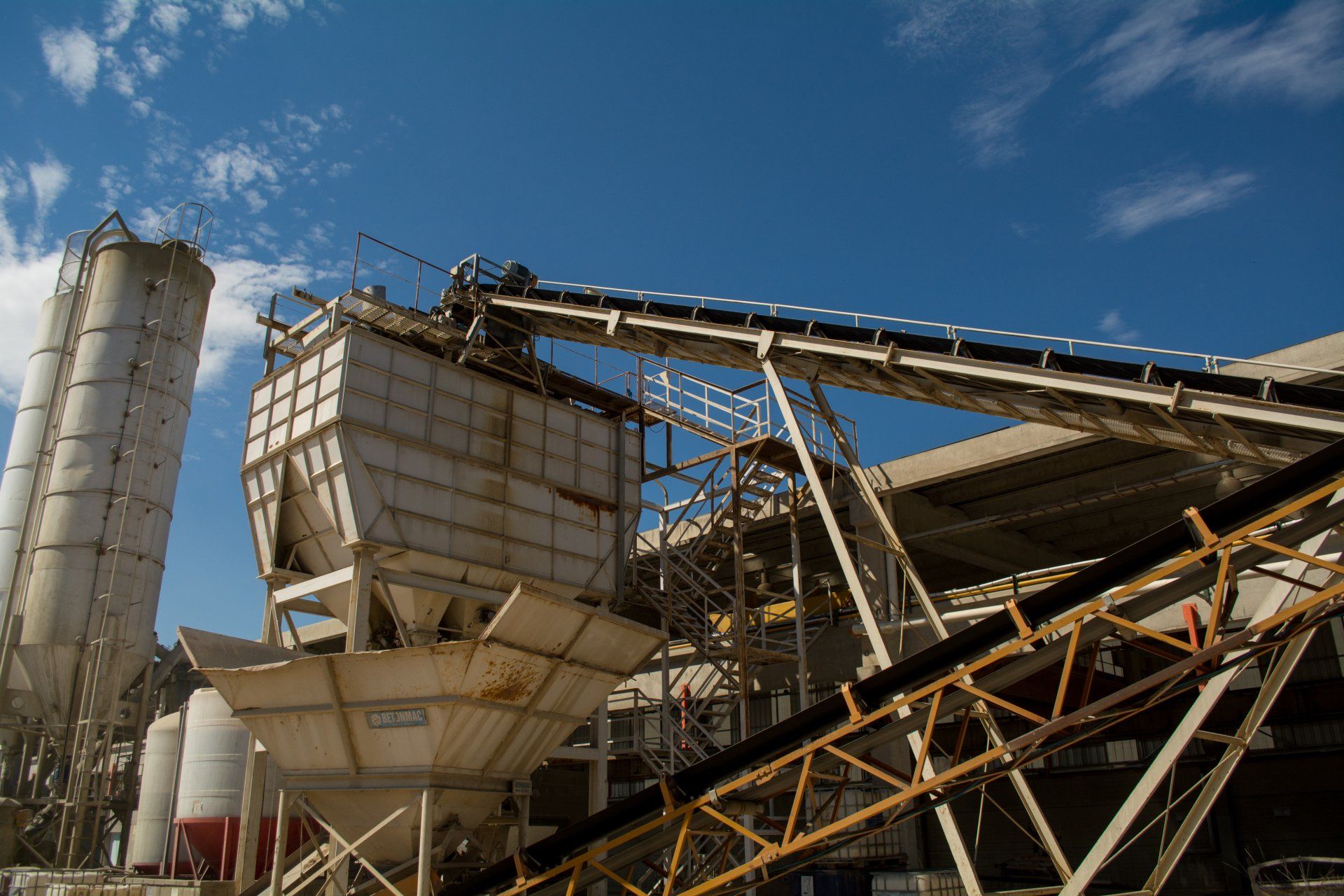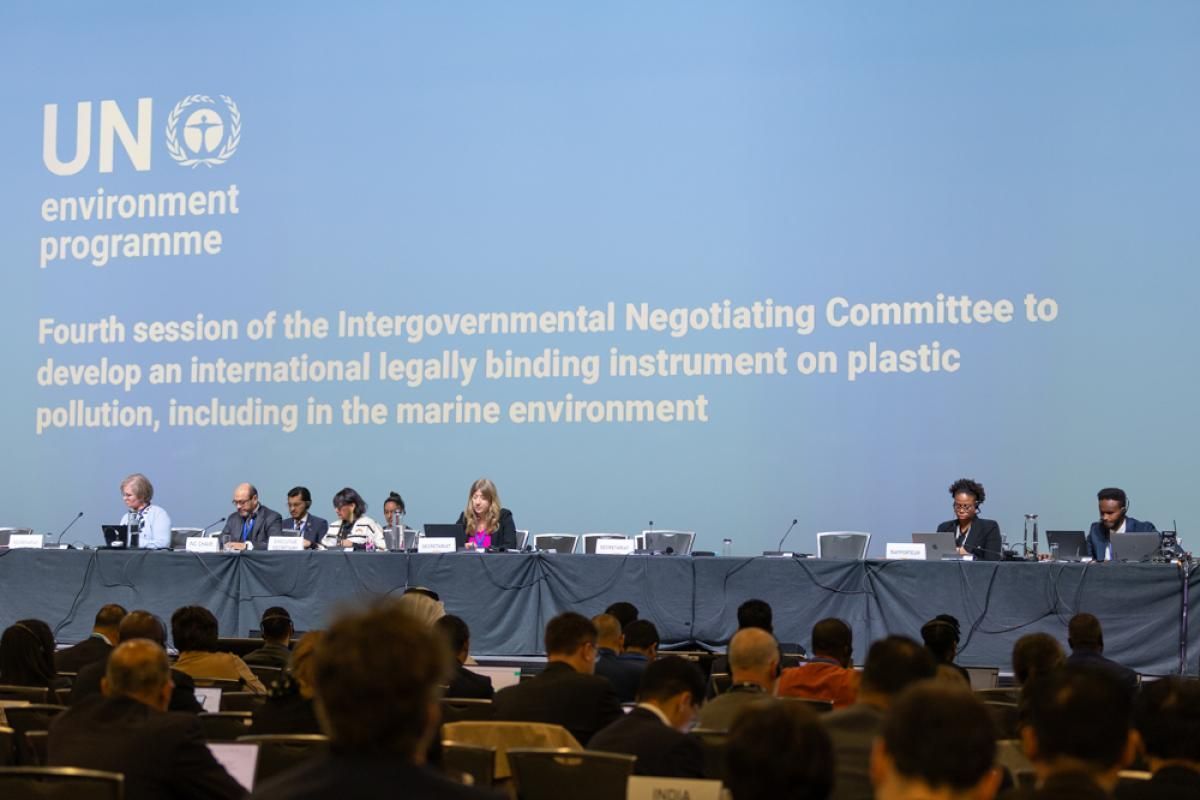Hazardous substances
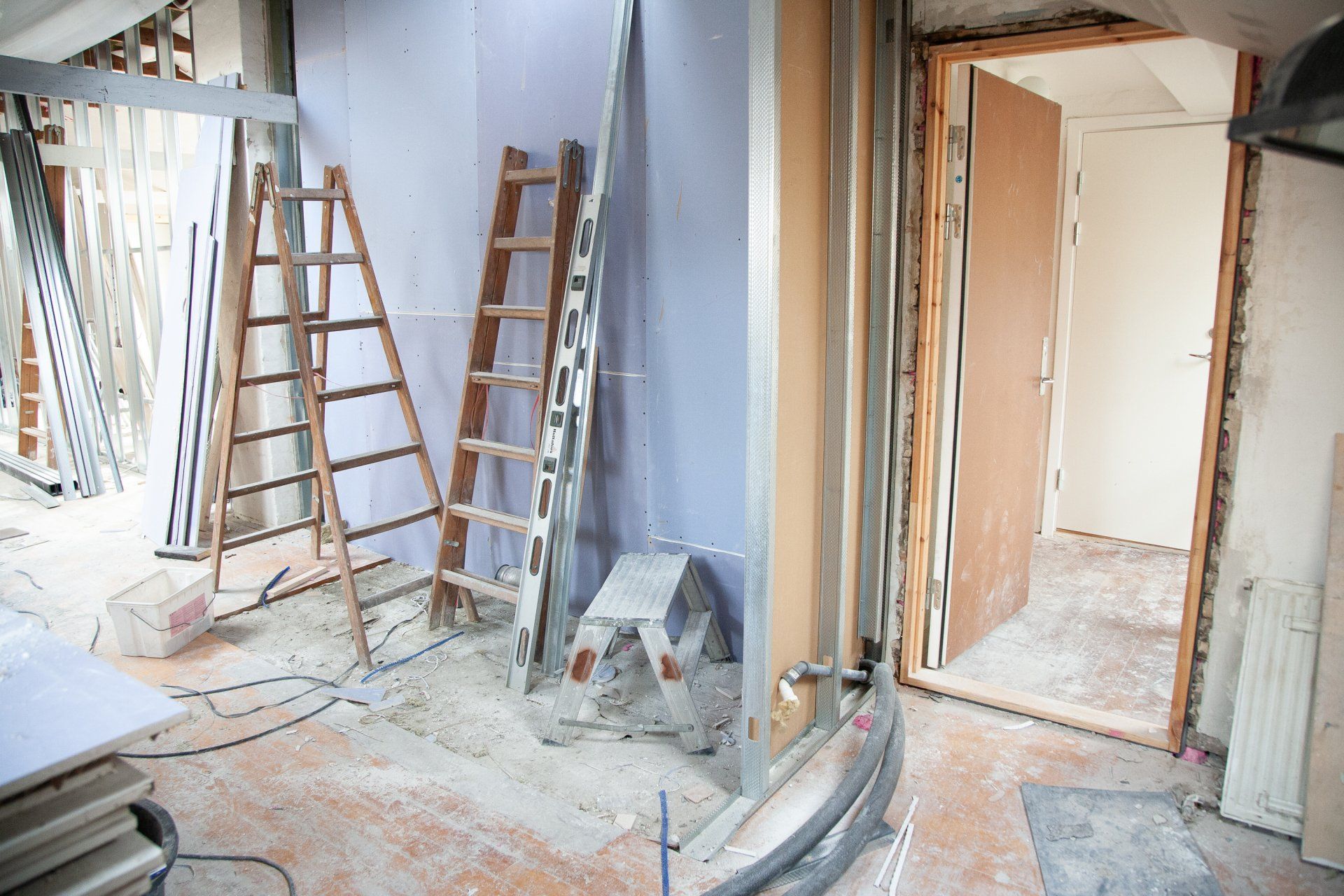
Addressing the hazardous substances topic in the context of circular economy
In 2023, CCB continued promoting to EU citizens the Circular Economy Action Plan that aims to provide them with high-quality, functional and safe products, which are efficient and affordable, last longer and are designed for reuse, repair, and high-quality recycling as a part of European Green Deal concerted strategy towards a climate-neutral, resource-efficient and competitive economies.
CCB has participated in application development and now is a member of several consortiums, implementing EU Baltic Sea Interreg projects: BaltiPlast, NonHazCity3, Change(K)now!.
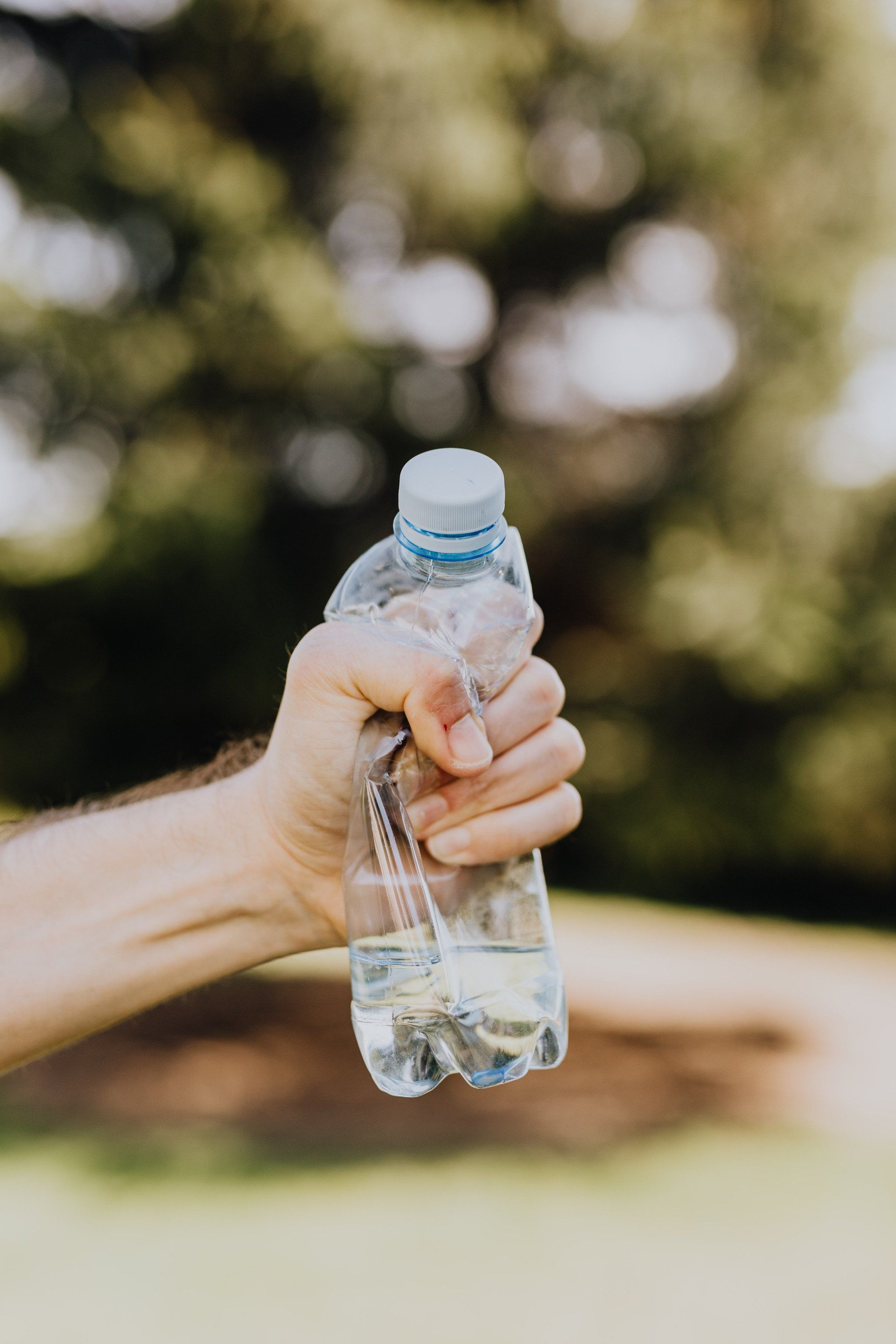
Awareness campaign & Safe disposal points for outdated pharmaceuticals
In 2023, CCB and its MOs continued supporting the implementation of the EU Single Use Plastic Directive and
EU Circular Economy Action Plan for a cleaner and more competitive Europe in BSR EU Member States
In frame of the campaign, CCB has developed prototypes and sketches of possible campaign posts and stories for various social media.
CCB has been actively working with various stakeholders in the BSR on implementation of a core project within INTERREG framework to address the issue of plastic pollution - #Baltiplast.
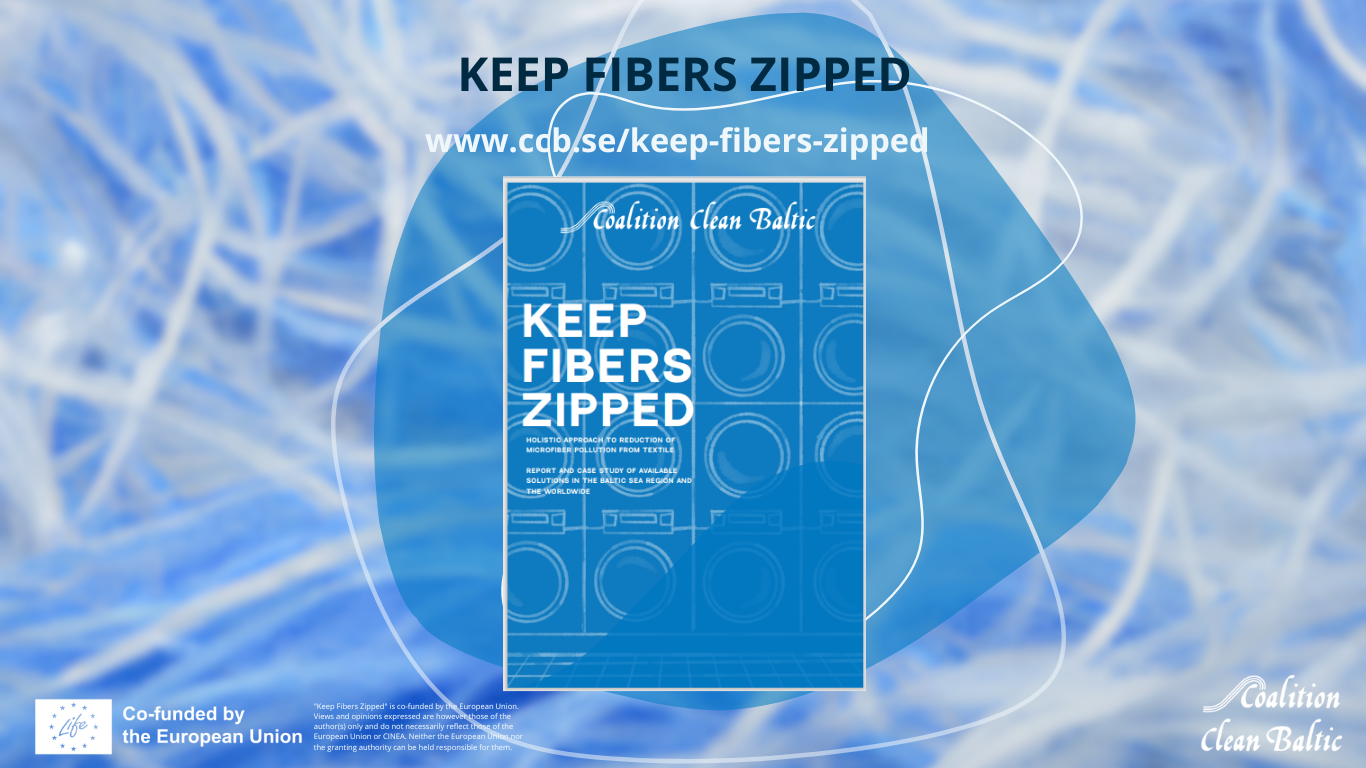
Description title
In 2023, CCB continued the implementation of “Keep Fibers Zipped” awareness raising project and campaign on reducing microplastic pollution and promoting practical solutions to reduce leakage from synthetic textile.
Important tool of the campaign was the public release of the campaign assessment
report “Keep fibers Zipped” and its translation to several Baltic languages i.e.: German, Lithuanian, Belarusian.

In 2023, CCB continued to raise the topic of pharmaceuticals in the environment in the public sector with special focus on consumer behavior and safe disposal of obsolete pharmaceuticals.
CCB used SAICM and HELCOM opportunities to raise the issue. Representatives of CCB and MOs highlighted the importance of safe disposal of outdated pharmaceuticals in BS countries with poor or absent system of outdated pharmaceuticals collection and disposal. Special attention was paid to the situation in Ukraine and Belarus where there is a very limited possibility for the public to safely dispose obsolete pharmaceuticals.
Thus, in Belarus, CCB was doing expert monitoring of a previously established system for collection of obsolete pharmaceuticals from public.
In Ukraine, CCB was engaged into development of a pilot initiative in the Lviv region to establish a first pilot system of collection of obsolete pharmaceuticals while taking into account also the increased amounts of medicines that need to be safely disposed due to the wartime supplies. During 2023 a dedicate project application has been prepared.

CCB staff was following international and regional developments in the area of heavy metals, and especially mercury and lead, including the fifth meeting of the Conference of the Parties to the Minamata Convention on Mercury, and relevant SAICM meetings (IP4.2, IP4.3, and ICCM5).
CCB has also developed a concept for the new public awareness-raising campaign in social media, which will be implemented in 2024.
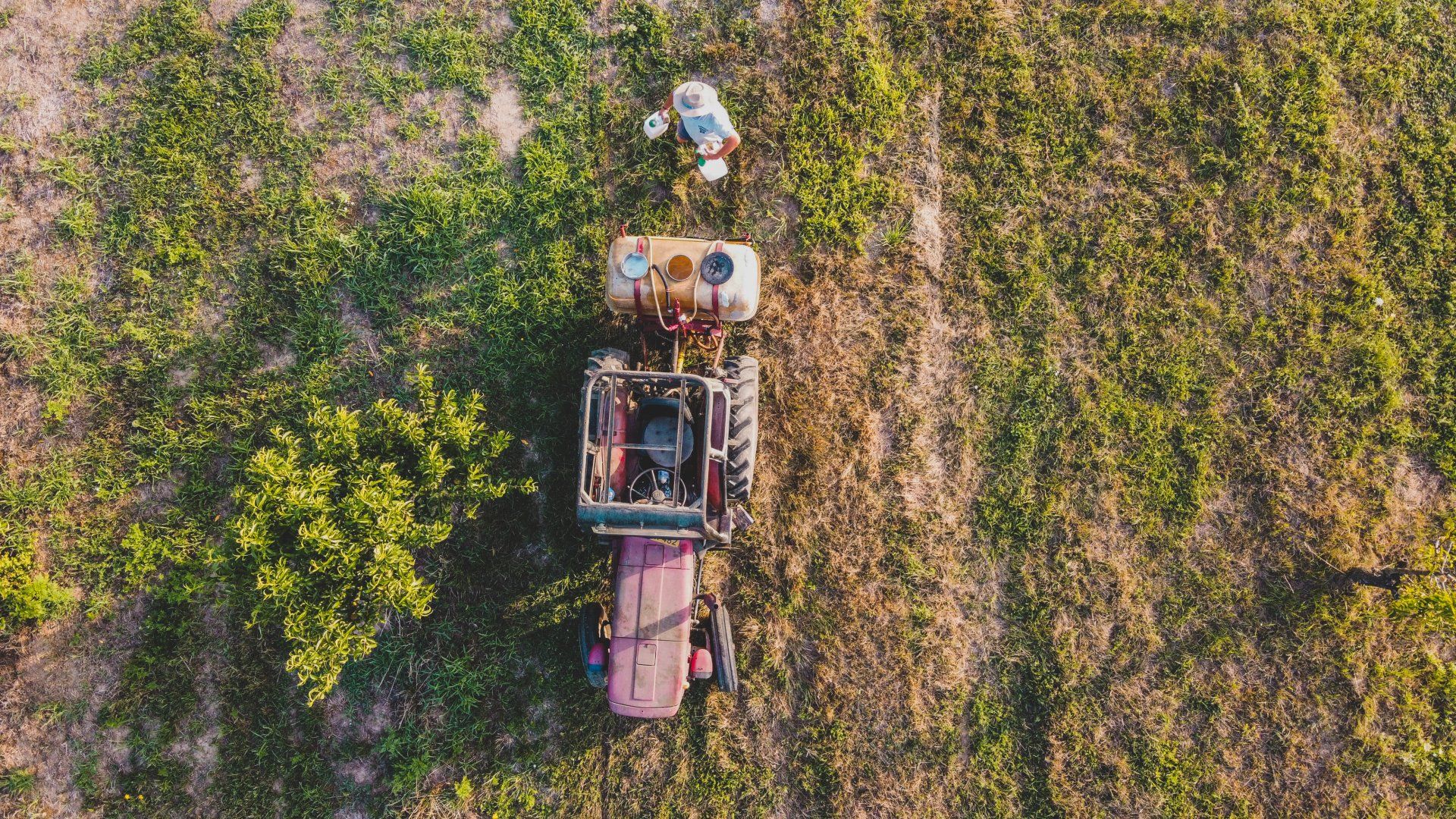
CCB has continued to work with accessing of the situation with HHPs in different BSR countries, raising awareness about the topic within the network, as well as was engaged into addressing the issue of HHPs on policy level.
In cooperation with CCB MO Ecoterra, on 27 January 2023, CCB has organized a dedicated
international conference “Pesticides and the Environment. GRASS 2023” with participation of Ukranian, regional, and international stakeholders to discuss the issues of pesticides impact, situation with HHPs in the EU, Ukraine, and the Baltic Sea Region.
CCB continued its participation in the IPEN (International Pollutants Elimination Network) regional initiative to address the issue of HHPs in the EECCA region. Also, CCB representative took part in the online-event organized by IPEN in EECCA about effectiveness of the Rotterdam convention on 11 April 2023.
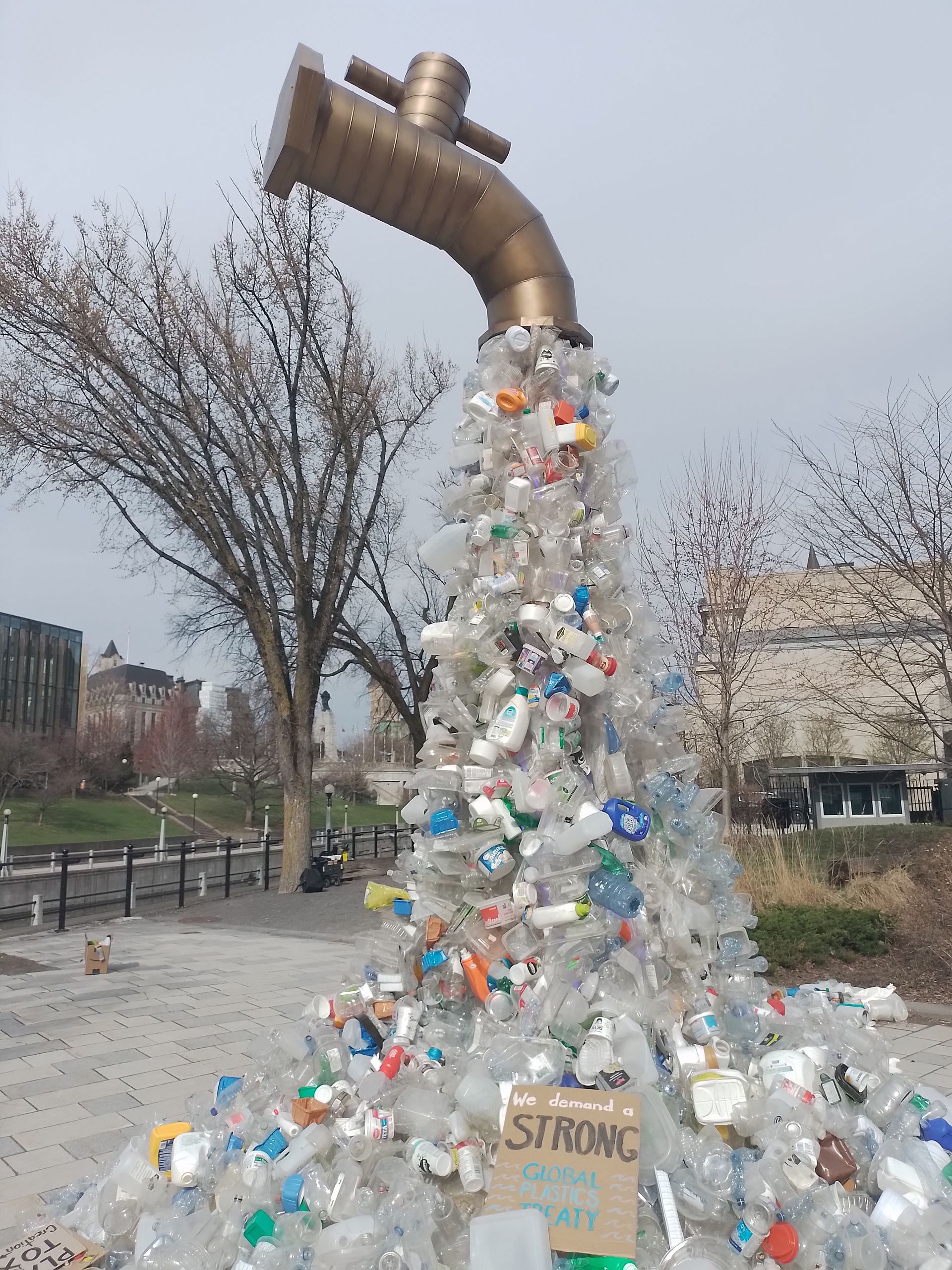
CCB actively contributed to the SAICM and the UNEP processes to develop an international legally binding instrument on plastic pollution, including in the marine environment, as well as to several other relevant processes in frame of OECD.
Some articles on CCB´s engagement in these processes: June 2023 - October 2023 - November 2023-1 - November 2023-2.

